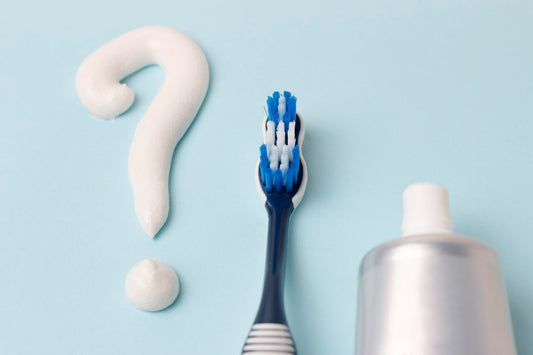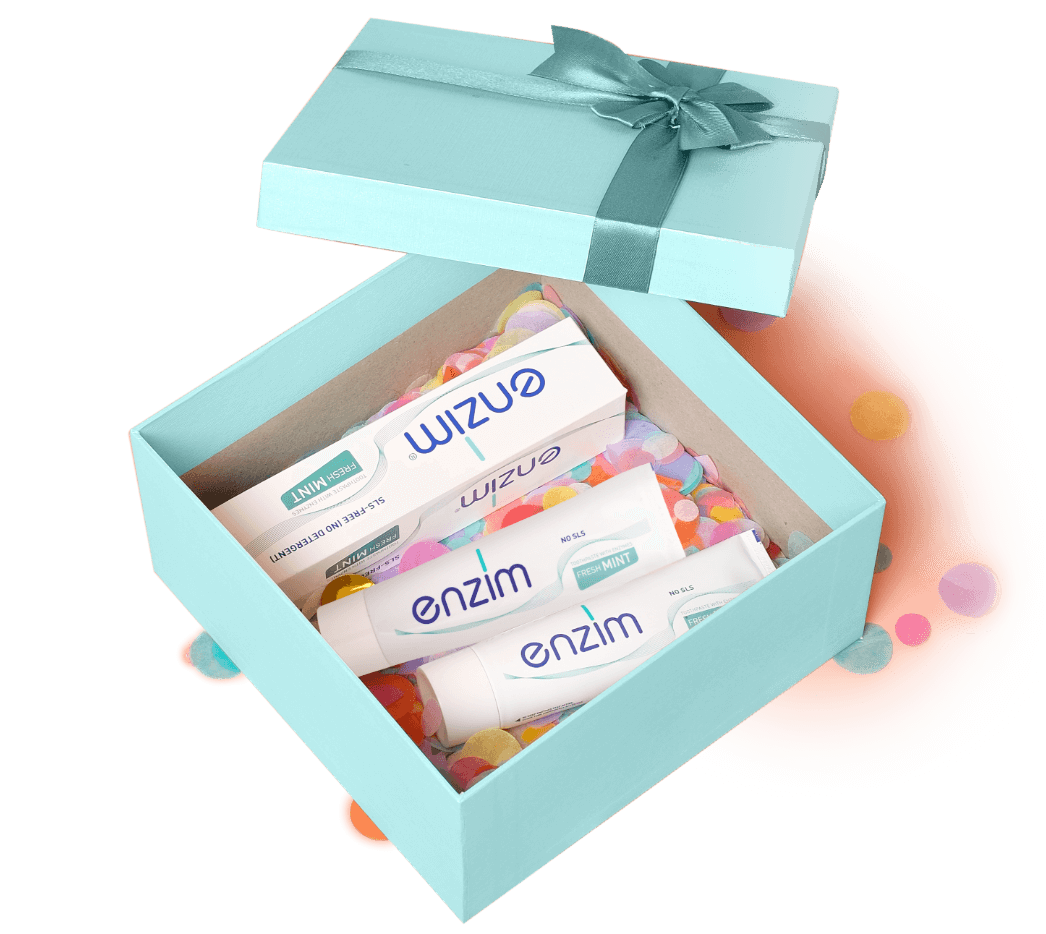The Importance of Oral Care in Aging: Tips for Maintaining a Healthy Smile

The Importance of Oral Care in Aging: Tips for Maintaining a Healthy Smile - Enzim Singapore
As we age, our bodies go through numerous changes, and this includes our oral health. While we often focus on maintaining physical fitness and general well-being as we grow older, oral care can sometimes be overlooked. However, oral health is just as crucial to your overall health, especially in your later years. A healthy smile not only boosts your confidence but also plays a significant role in your overall quality of life.
In this article, we’ll explore why oral care is particularly important for seniors and offer some practical tips on how to maintain a healthy smile as you age.
Why Oral Health Matters in Older Age
As we age, the risks to oral health increase due to a variety of factors, including changes in the mouth, medications, and lifestyle choices. Poor oral hygiene can lead to tooth decay, gum disease, tooth loss, and even more serious health problems such as heart disease or diabetes. Here are a few reasons why oral health should be a priority in older adults:
-
Increased Risk of Gum Disease and Tooth Decay As we age, the gums naturally recede, exposing more of the tooth’s surface. This can make teeth more vulnerable to plaque and tartar buildup, leading to tooth decay and gum disease. Moreover, dry mouth, a common issue for older adults, can increase the likelihood of plaque formation and oral infections.
-
Medications and Health Conditions Many older adults take medications that can have side effects, such as dry mouth, which makes it harder to keep the mouth moist and properly lubricated. Certain health conditions, including diabetes and arthritis, can also affect oral health. For example, people with diabetes are more prone to gum infections, and arthritis can make it difficult to brush and floss properly.
-
Tooth Loss and Impact on Quality of Life Tooth loss is more common in older adults, and it can significantly impact self-esteem and confidence. Missing teeth can make it harder to speak clearly and eat a balanced diet, both of which are essential for maintaining good health.
-
Link Between Oral Health and General Health Research shows that oral health is closely linked to overall health. For instance, gum disease has been associated with an increased risk of heart disease, stroke, and respiratory infections. Regular oral care helps reduce the risk of these conditions, which is particularly important as we get older.
Top Tips for Maintaining Oral Health as You Age
Maintaining a healthy smile into your later years requires consistent oral care, attention to diet, and regular visits to the dentist. Here are some practical tips to help you maintain excellent oral health:
1. Brush Your Teeth Twice a Day
Brushing your teeth at least twice a day is essential to remove plaque and prevent tooth decay. Use a fluoride toothpaste, such as Enzim Toothpaste, which contains natural enzymes to help break down plaque and protect against cavities. Enzim Toothpaste is especially beneficial for seniors because it is gentle on sensitive gums, reduces the risk of gum disease, and promotes overall oral health. Make sure to brush for at least two minutes each time and be thorough, reaching all surfaces of your teeth.
2. Floss Daily
Flossing is crucial for removing food particles and plaque from between your teeth that a toothbrush can’t reach. Flossing helps prevent gum disease, cavities, and bad breath. If you have difficulty using traditional dental floss, there are alternatives such as floss picks, interdental brushes, or water flossers that can make it easier.
3. Use Mouthwash
Mouthwash is an excellent addition to your oral hygiene routine. It helps kill bacteria, freshens your breath, and can reduce plaque buildup. Choose a mouthwash that contains fluoride to help strengthen teeth and combat cavities. Some mouthwashes also help with dry mouth, a common concern in older adults.
4. Stay Hydrated
Drinking plenty of water throughout the day is crucial for overall health and helps keep your mouth moist. Staying hydrated reduces the risk of dry mouth, which can increase the likelihood of gum disease and tooth decay. Sipping water also helps wash away food particles and bacteria that can accumulate in the mouth.
5. Visit the Dentist Regularly
Regular dental check-ups are vital for detecting any potential oral health issues early. A dentist will be able to spot signs of gum disease, cavities, or other problems before they become serious. It’s generally recommended to visit your dentist at least twice a year for a routine examination and cleaning. If you have specific concerns or health conditions, your dentist may suggest more frequent visits.
6. Consider Dental Products for Sensitive Teeth
As we age, our teeth can become more sensitive, especially if we experience gum recession. If you notice pain when consuming hot, cold, or sweet foods, consider using toothpaste designed for sensitive teeth. Enzim Toothpaste is a great option for those with sensitive teeth, as it soothes the gums and helps alleviate discomfort while effectively protecting enamel.
7. Protect Your Teeth from Injury
Falls and accidents become more common as we age, which can lead to tooth damage or loss. Wearing a mouthguard during certain activities, such as sports or even while sleeping if you grind your teeth at night, can help protect your teeth from injury.
8. Eat a Balanced Diet
A healthy diet is essential for strong teeth and gums. Include plenty of fruits, vegetables, and dairy products in your meals. Foods rich in calcium, such as milk, cheese, and leafy greens, are particularly beneficial for maintaining strong tooth enamel. Avoid sugary snacks and drinks, as they can contribute to tooth decay.
9. Quit Smoking
If you smoke, quitting is one of the best things you can do for your oral health. Smoking damages the gums and increases the risk of gum disease, tooth decay, and oral cancer. It also stains your teeth, making your smile less bright. Seeking support from a healthcare provider can help you quit smoking successfully.
10. Manage Health Conditions
Certain health conditions, such as diabetes, can impact your oral health. If you have a medical condition, be sure to follow your doctor’s recommendations for managing it, and inform your dentist about your health history. For example, people with diabetes need to be especially vigilant about oral hygiene, as they are more susceptible to gum disease and infections.
Conclusion
As you age, taking care of your teeth and gums becomes more important than ever. Regular brushing, flossing, and dental check-ups, combined with a healthy diet and proper hydration, are all key to maintaining a healthy smile and reducing the risk of oral health problems. By following these tips, including using products like Enzim Toothpaste for gentle and effective care, you can keep your teeth strong and your smile bright, ensuring you enjoy good oral health for many years to come.
Remember, oral care is not just about having a beautiful smile; it’s also about taking care of your overall health. So, make oral hygiene a priority as you age, and keep your smile shining for a lifetime.



